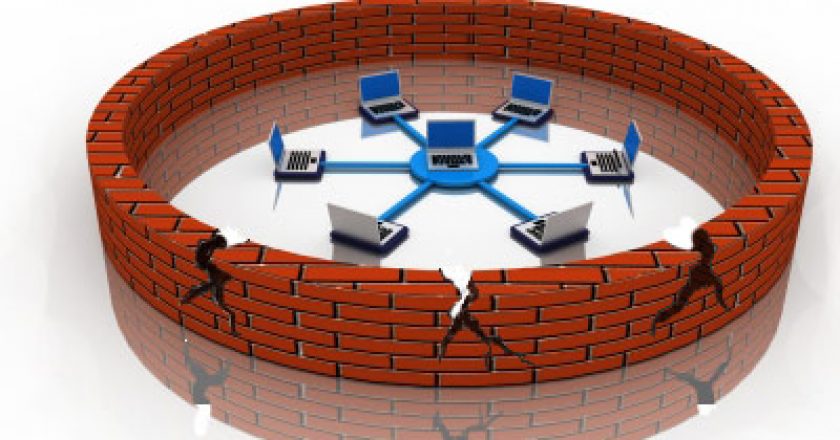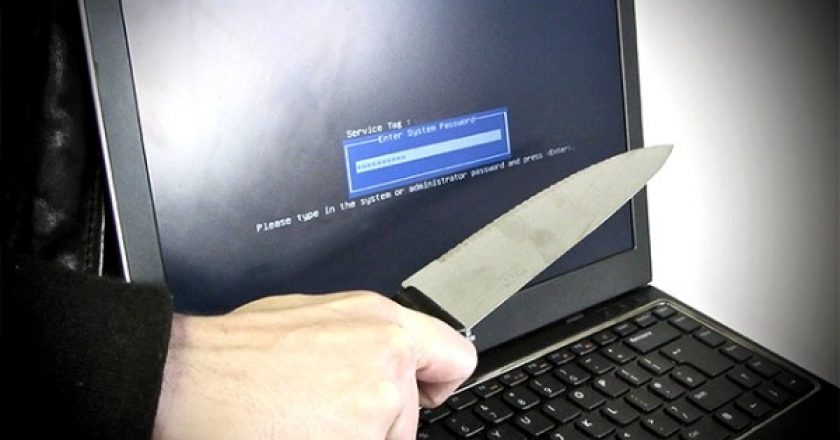It is difficult to remember the revolution the iPhone caused, says Anthony Perridge, EMEA Channel Director, Sourcefire


It is difficult to remember the revolution the iPhone caused, says Anthony Perridge, EMEA Channel Director, Sourcefire

The creator of the SpyEye Trojan used to attack millions of online bank accounts has pleaded guilty to conspiracy charges in an Atlanta court.
Anthony Perridge, EMEA Channel Director at Sourcefire, now a part of Cisco discusses the revolution of iPhones and the trends around it.

Cybercrime in 2013 was dominated by a core of around 50 active groups, including Russian and Chinese ‘threat actors’ whose activities are only now coming to light, a report from monitoring firm CrowdStrike has found.

A list of 16 million email addresses and passwords has fallen into the hands of botnet operators, the German Federal Office for Information Security (BSI) said Tuesday.

Changes in Google Chrome extension ownership can expose thousands of users to aggressive advertising and possibly other threats, two extension developers have recently discovered.

More than a third of UAE users do not feel safe making e-payments on their smartphones or tablets, according to research from Kaspersky.

Every large multinational firm investigated by Cisco for its latest Security Report showed signs of malicious traffic on their networks, the networking company has revealed.

The world is still in the foothills of the cyberwar era but already online confrontation is being defined by an unstable and possibly dangerous mixture of proxy conflicts and old-fashioned espionage, mixed with lower-level digital activism, security firm FireEye has said.

Palo Alto Networks has announced enhancements to its enterprise security platform WildFire.

Scammers have devised new ways to trick users into revealing personal information, hand over control of computers and pay for unnecessary software and tech support services, security experts warn.

Kaspersky Lab has recorded thousands of attempts to infect computers used for online banking with a malicious program that its creators claim can attack “any bank in any country”.

The world’s largest networking vendors have hit back at claims their products have been compromised by the National Security Agency after being named in an NSA spying toolkit.

CNME talks to the InfoWatch CEO

The need for advanced security is heightened further as we witness the transition to the third platform of computing, says Art Coviello, Executive Vice President EMC, Executive Chairman RSA, The Security Division of EMC.

Kaspersky Lab experts have discovered that PC gamers around the globe were hit by 11.7 million attacks in 2013.

Telcos now face threats on their mobile network from their own subscribers and their device says Mahmoud Samy, Area Head, Middle East, Pakistan and Afghanistan, Arbor Networks

A team of malware developers is preparing to sell a new ransomware programme that encrypts files on infected computers, according to a volunteer group of security researchers who tracked the development of the threat on underground forums in recent weeks.

The Middle East and Africa region’s insatiable demand for smarter mobile devices and multimedia content delivered on-the-go is causing telecom operators to battle tremendous growth in mobile traffic on their networks.

Symantec has warned against remote access Trojans, programmes that are installed on a user’s computer without their knowledge and allow attackers to access and control them from remote locations.